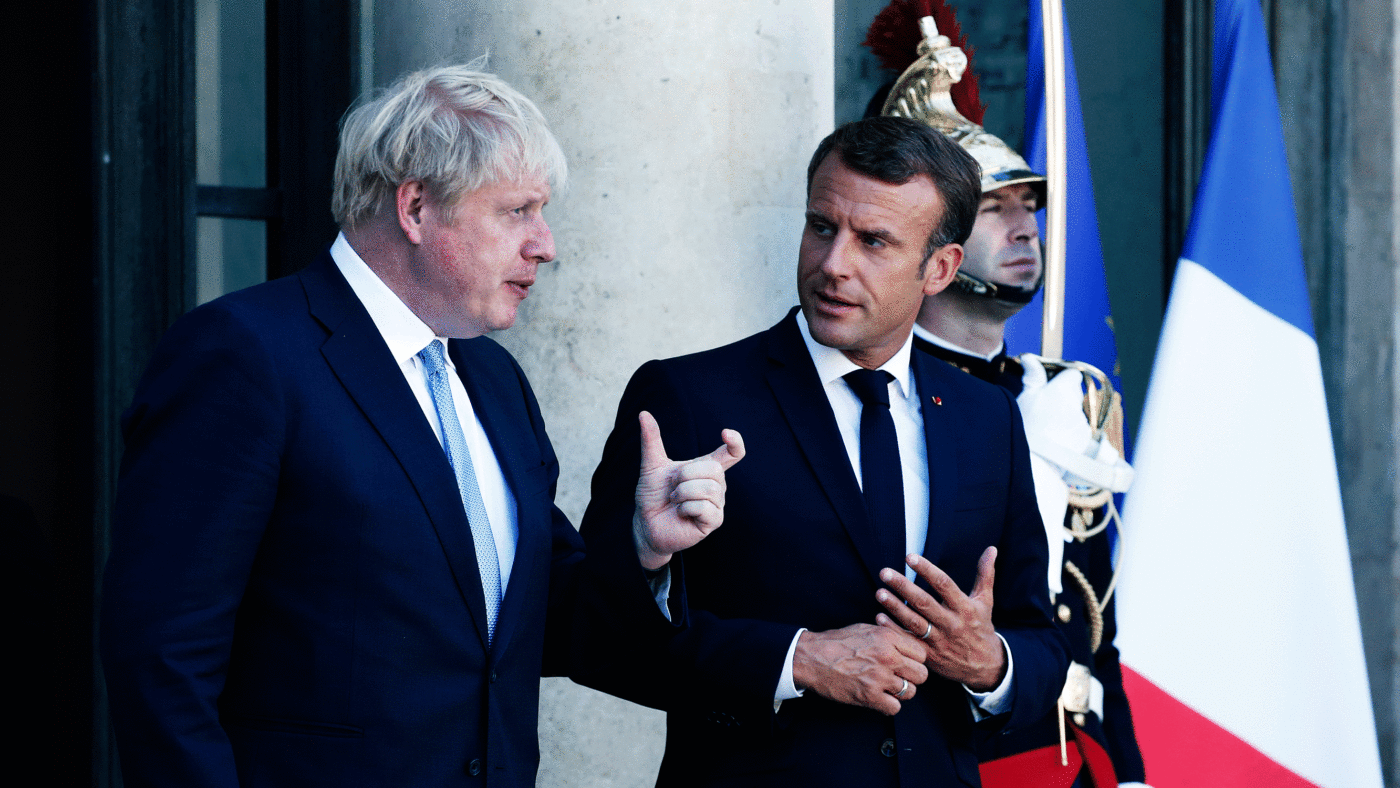Earlier this week the French magazine Le Point published a poll underlining just how popular Boris Johnson is in France. Unlike many foreign leaders, he has very high name recognition among the French public, with some 85% saying they have heard of the rosbif-in-chief. Most French people would struggle to name the leaders of, say, Spain or Italy (which is undoubtedly the case in Britain too).
Not only is Johnson well-known, but over half of French voters (51%) say they have a favourable opinion of him. He’s well liked not only on the far-right and the centre-right but also, perhaps surprisingly, among supporters of the far-left (which is undoubtedly not the case in Britain too).
To top it all off, almost three quarters of us (74%) think Johnson has managed the Covid crisis either as well or better than Emmanuel Macron.
Johnson’s notoriety (but not necessarily his popularity) is largely down to Brexit. Even if we have spoken rather less about the subject in France than in the UK, there have been a fair few TV programmes dedicated to Britain’s decision to leave the EU. Just to give one example, I have been invited on numerous occasions to discuss Brexit on an hour-long current affairs show called C dans l’Air (It’s in the air) which has an audience of about 2m people.
It’s not just Brexit though. The British vaccination programme has often been held up as an example by French commentators, not least your author. Nor did it go unnoticed that the first person in the world to get their jab as part of a mass vaccination programme was a Brit. That was a stark contrast to the lack of political urgency behind the French vaccination programme back in December 2020. The French government was hampered by worries about the anti-vaccine movement, which was fairly prominent at the time (though it has subsided considerably since). As ever, France’s administrative state was plodding, disorganised and slowed down the campaign. Granted, things are back on an even keel now, but for several weeks you couldn’t move for French media using the success of Johnson’s Britain or Netanyahu’s Israel as a stick with which to beat their own government.
For all that, however, it strikes me that Johnson’s relative popularity in France comes down to something more general and profound, which one could call ‘democratic dispossession’. To understand what this means, one must take a dive into French history. To this day, France’s philosophical and political psychology remains shaped by the Revolution of 1789, which established the modern French state. Now, here was a state formed by a group of revolutionaries, at war with monarchic rivals, whose moral and political precepts had led them to a violent campaign that culminated in the Terror.
These individuals were guided by Robespierre, whose writings underlined that civil society should be subservient to politics and morality. In this respect, France is the polar opposite of the United States. There, civil society frames the state and politics. In France, the state is supposed to get things done, even if the consequences are not always pleasant. The French, therefore, remain very attached to the personification of politics and the capacity of politics to change the world. We have just celebrated the bicentenary of Napoleon Bonaparte. Much as it pains me to tell a British audience, the celebrations showed just how attached the French remain to the figure of the Emperor who embodies the ability of a leader to drive forward his country’s destiny.
He may not be Napoleon, but Johnson has seen through Brexit and a world-leading vaccination programme. The majority of French voters are strongly opposed to ‘Frexit’, but they acknowledge that Johnson had the courage and skill to pursue his project through to its conclusion. In doing so, he showed that even in a globalised economy, politics has a role.
He’s also well educated, which is something the French very much appreciate. He’s something of a nationalist, which gives him some of that ‘man of the people’ character that so appeals to both the far-left and, especially, to the far-right. And with his ‘levelling up’ agenda, rich with promises of big transfers from the richer parts of the country to less affluent areas, he’s proven he’s no dyed-in-the-wool economic liberal. No wonder so many of the French consider Boris one of their own.
Click here to subscribe to our daily briefing – the best pieces from CapX and across the web.
CapX depends on the generosity of its readers. If you value what we do, please consider making a donation.


